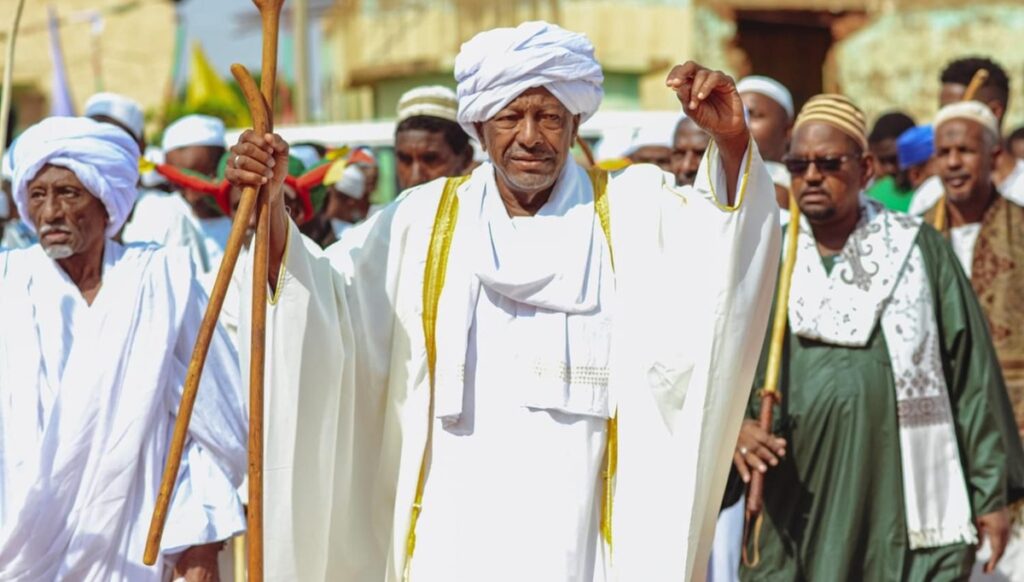Moroccans in Sudan...a long history

The origins of Moroccans in Sudan date back to ancient migrations that began in the 17th century AD. Many Moroccans, particularly scholars and Sufi clerics, settled in Sudan. Some accounts indicate that they were on their way to perform Hajj and settled there.
Historical and family presence
Moroccans in Sudan are known as the "Maghariba Tribe," one of the largest Sudanese tribes. Its members are proud of their Moroccan origins and still maintain some Moroccan traditions and customs. This tribe is spread across various regions, most notably the Halfaya area north of Khartoum, the city of Al-Hilaliya in Al-Jazirah State, and more than 36 villages in the Al-Managil area.
Number and impact
The tribe's members are estimated to number more than half a million, and they have played a prominent role in spreading Sufi Islam and Moroccan culture in Sudan. They have also contributed significantly to Sudanese political and social life, and some have held important leadership positions, such as Sovereignty Council member Abdel Fattah al-Maghribi and Sudan's first post-independence foreign minister, Mubarak Zarrouk.
History of Moroccans in Sudan
The Moroccan presence in Sudan dates back centuries. This presence was not merely a passing migration, but rather the establishment of a deeply rooted tribe that influenced and was influenced by Sudanese society. These migrations began in the mid-seventeenth century, and most of them came from the Moroccan city of Fez, bringing with them Sufi knowledge and scholarship. The journey to the Hijaz to perform the Hajj pilgrimage was often the reason why many of them settled in Sudan, either on their way there or back.
The first arrivals were distinguished by their knowledge and culture, which gave them a special status in Sudanese society. They contributed to the spread of the Maliki school of thought and Sufi orders, such as the Tijaniyya and Idrisiyya, which came from Morocco. This religious and cultural role earned them great respect and facilitated their integration and intermarriage with the local population, without losing their original identity.
The Maghariba tribe was initially concentrated in the Halfaya area north of Khartoum, and later spread to other regions such as Hilaliya and Managil. Despite the passage of time, Moroccans in Sudan have retained the memory of their homeland and are proud of their Moroccan origins, a fact evident in some family names bearing the name "Maghribi."
Their influence has transcended religious and cultural aspects to become a strong presence in public life. They have actively participated in political life, and a number of members of the tribe have held high-ranking positions in the state, demonstrating their full integration into the Sudanese social fabric. Despite their integration, their connection to Morocco remains, and they are considered a human and cultural bridge between the two countries. This historical presence is a testament to the depth of relations between Morocco and Sudan and a living embodiment of the spirit of coexistence and mutual influence between the two cultures.





